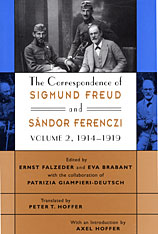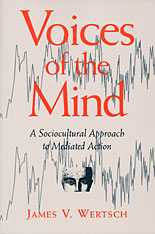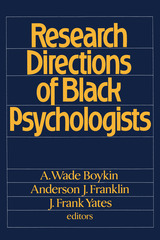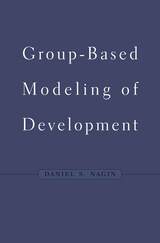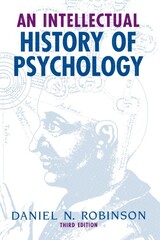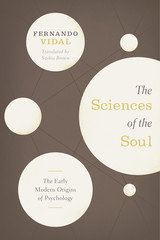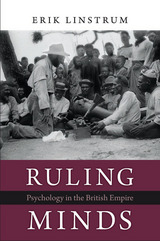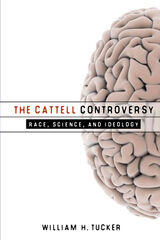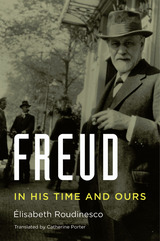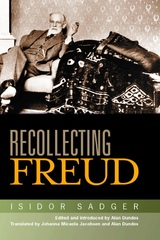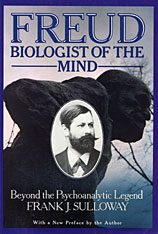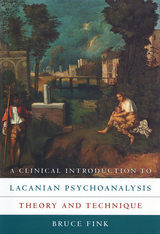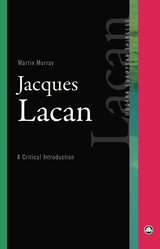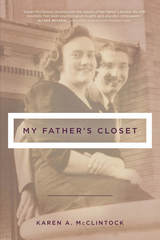Cloth: 978-0-674-17419-1
Library of Congress Classification BF109.F74A4 1993b
Dewey Decimal Classification 150.19520922
Volume I of the three-volume Freud-Ferenczi correspondence closes with Freud's letter from Vienna, dated June 28, 1914, to his younger colleague in Budapest: "I am writing under the impression of the surprising murder in Sarajevo, the consequences of which cannot be foreseen!' "Now," he continues in a more familiar vein, "to our affairs!" The nation-shattering events of World War I form a somber canvas for "our affairs" and the exchanges of the two correspondents in volume 2 (July 1914 through December 1919). Uncertainty pervades these letters: Will Ferenczi be called up? Will food and fuel-and cigar-shortages continue? Will Freud's three enlisted sons and son-in-law come through the war intact? And will Freud's "problem-child," psychoanalysis, survive?At the same time, a more intimate drama is unfolding: Freud's three-part analysis of Ferenczi in 1914 and 1916 ("finished but not terminated"); Ferenczi's concomitant turmoil over whether to marry his mistress, Gizella Pálos, or her daughter, Elma; and the refraction of all these relationships in constantly shifting triads and dyads. In these, as in other matters, both men display characteristic contradictions and inconsistencies, Freud restrained, Ferenczi more effusive and revealing. Freud, for example, unswervingly favors Ferenczi's marriage to Gizella and views his indecision as "resistance"; yet several years later, commenting on Otto Rank's wife, Freud remarks, "One certainly can't judge in these matters...on behalf of another." Ferenczi, for his part, reacts to the paternal authority of the "father of psychoanalysis" as an alternately obedient and rebellious son.
The letters vividly record the use--and misuse--of analysis and self-analysis and the close interweaving of personal and professional matters in the early history of psychoanalysis. Ferenczi's eventual disagreement with Freud about "head and heart," objective detachment versus subjective involvement and engagement in the analytic relationship--an issue that would emerge more clearly in the ensuing years--is hinted at here. As the decade and the volume end, the correspondents continue their literary conversation, unaware of the painful and heartrending events ahead.
See other books on: 1856-1939 | Freud, Sigmund | Psychoanalysis | Psychoanalysts | Psychotherapy
See other titles from Harvard University Press
